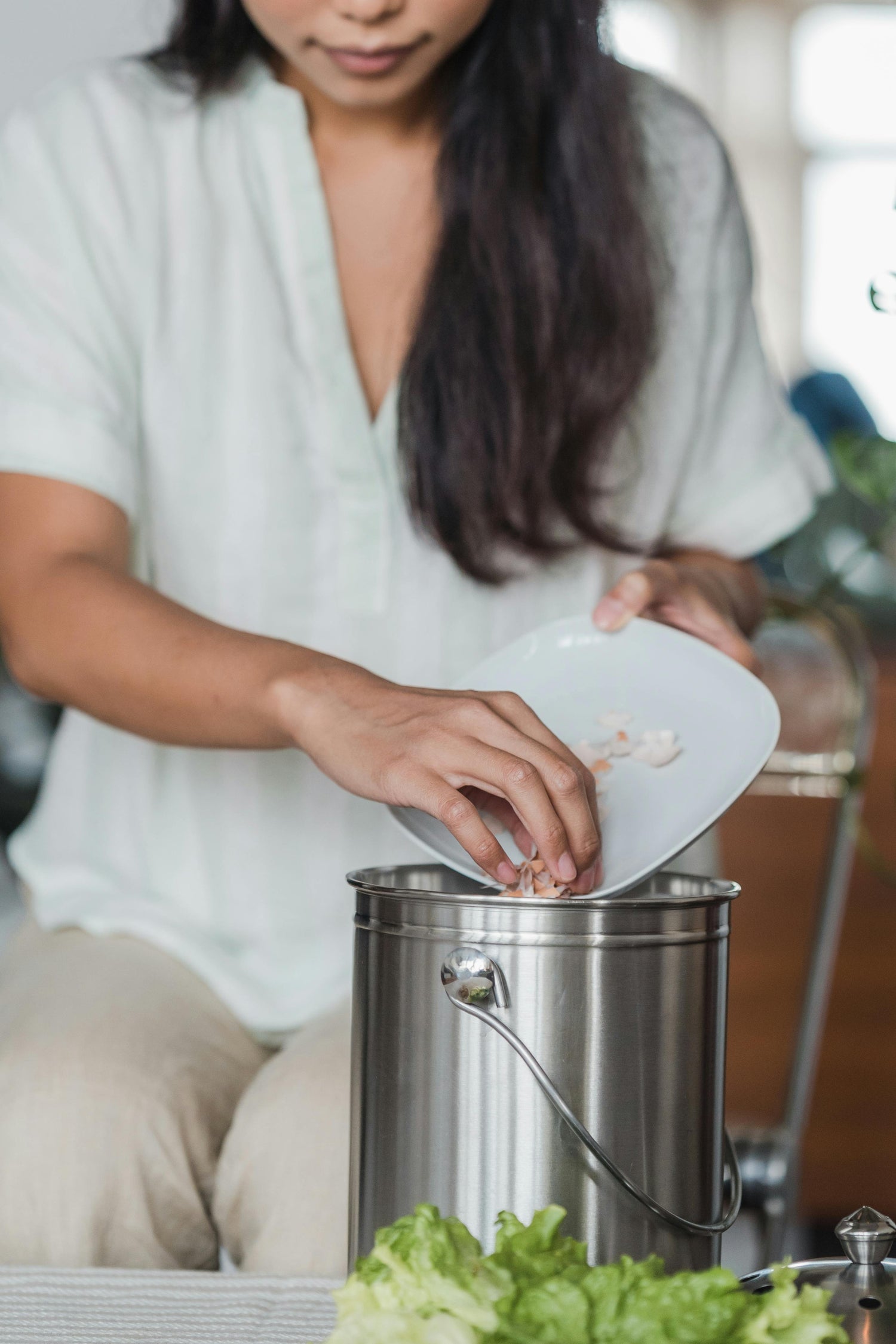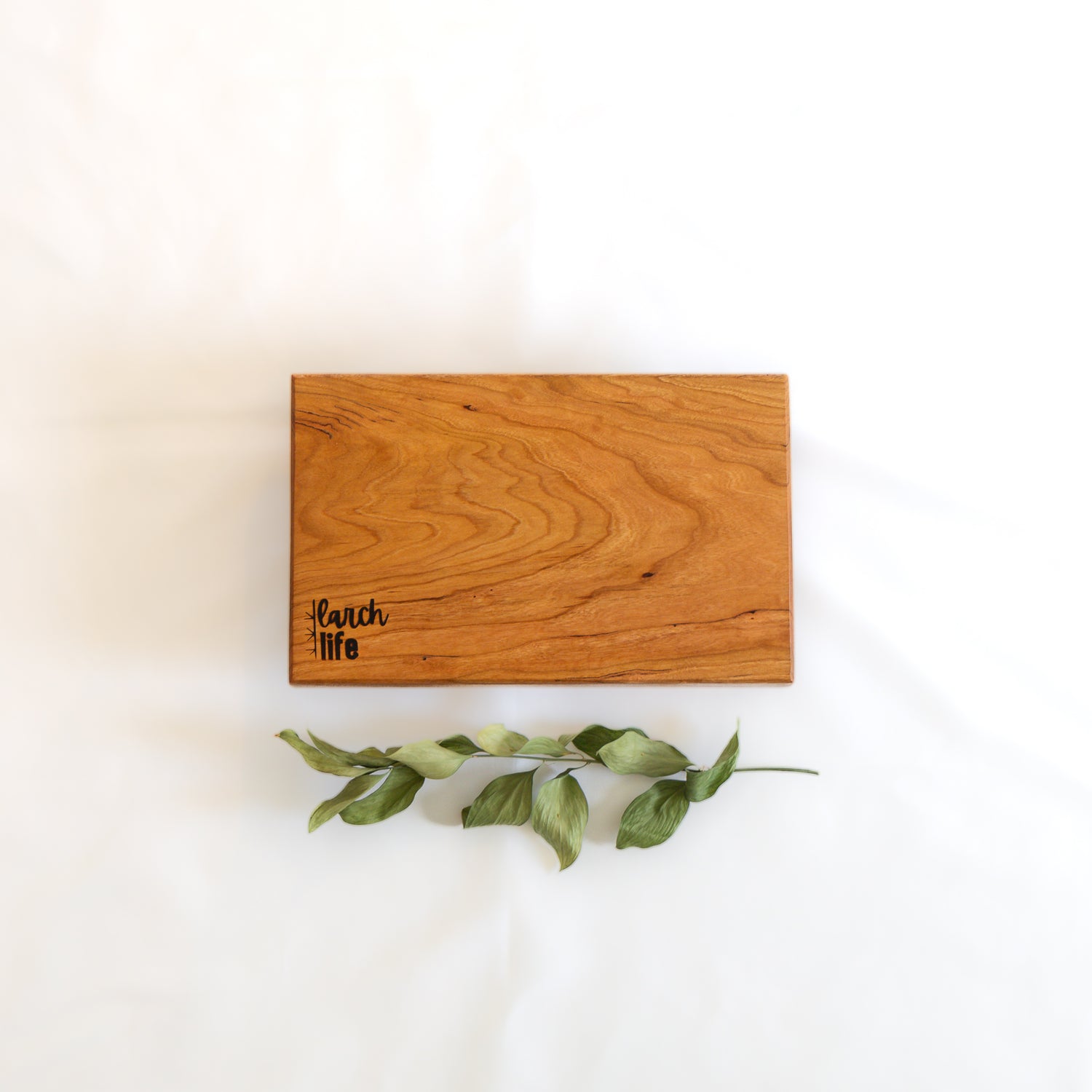When it comes to kitchen essentials, cutting boards might seem like a simple choice. However, a closer look reveals a range of potential issues associated with different materials.
Wood Cutting Boards:
- Glued Construction: Many wood cutting boards are made from multiple wood scraps glued together. These glues can often contain harmful substances like formaldehyde, which can leach into your food.
- Mineral Oil Treatments: Some solid wood cutting boards are treated with mineral oil, which are chemical substances prepared from naturally occurring crude petroleum oil.
- Lack of Transparency: Some manufacturers may not disclose the specific oils used in their treatments, leaving consumers in the dark about potential health risks.
Bamboo Cutting Boards:
- Engineered Strand Board: Bamboo cutting boards are primarily made from engineered strand board, which involves gluing together bamboo fibers. This process can also use harmful glues like phenol formaldehyde.
- Hidden Chemicals: Even organic bamboo cutting boards may contain hidden chemicals in the adhesives used to bind the fibers together.
Plastic Cutting Boards:
- Chemical Composition: Plastic cutting boards are made from a variety of chemicals, some of which may leach into food over time.
- Microplastic Contamination: Plastic cutting boards can release microplastics into food, which can have negative health implications.
- Durability and Environmental Impact: While plastic cutting boards can seem durable, they scratch easily and their lifespan is not long which contributes to plastic pollution.
What are the safer alternatives?
If you're concerned about the potential health risks associated with traditional cutting boards, consider purchasing one of the solid maple boards that Larch Life carries!
Always prioritize materials that are non-toxic, durable, gentle on knives and easy to clean. By making informed choices, you can help protect your health and the environment.






